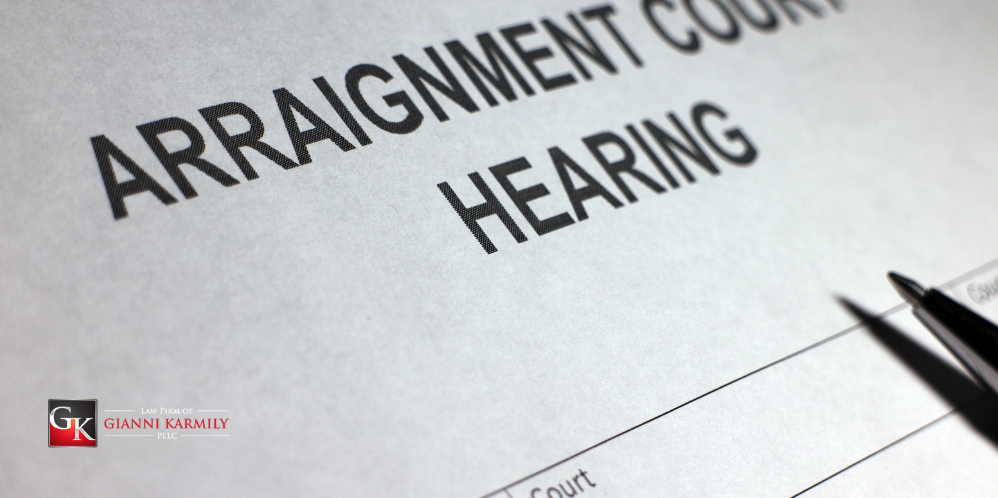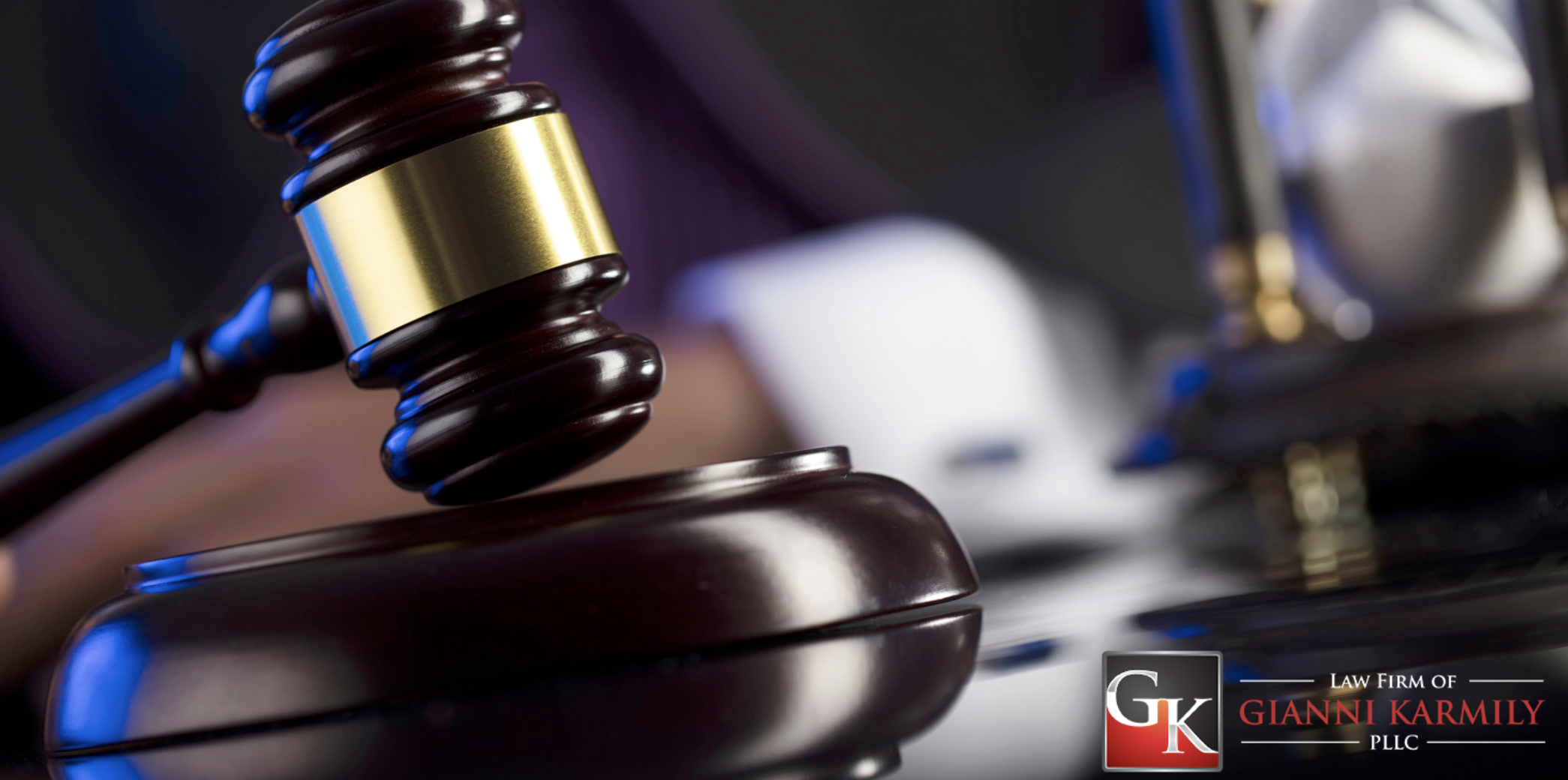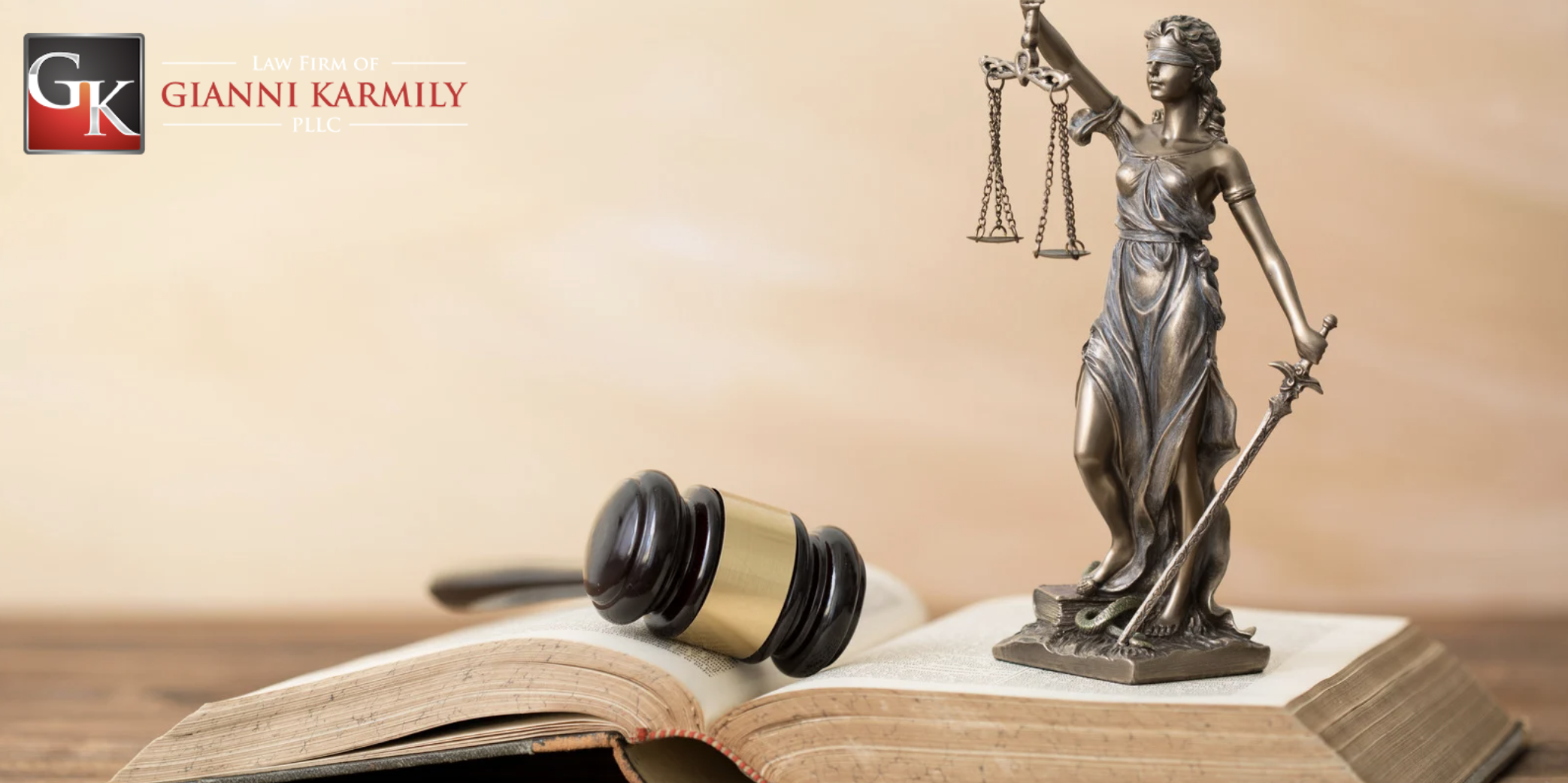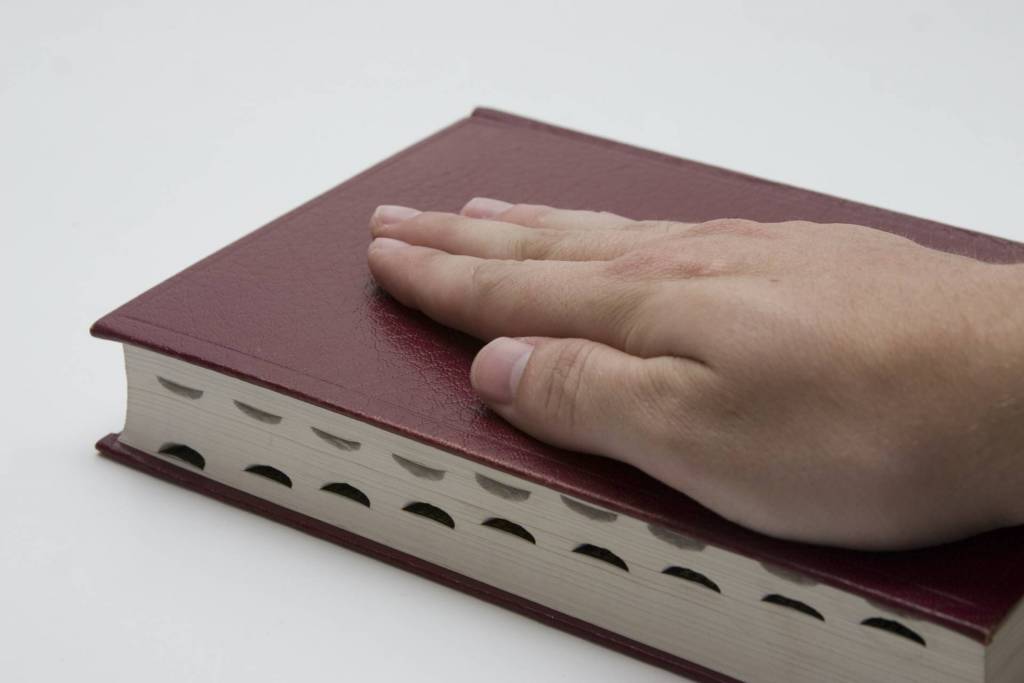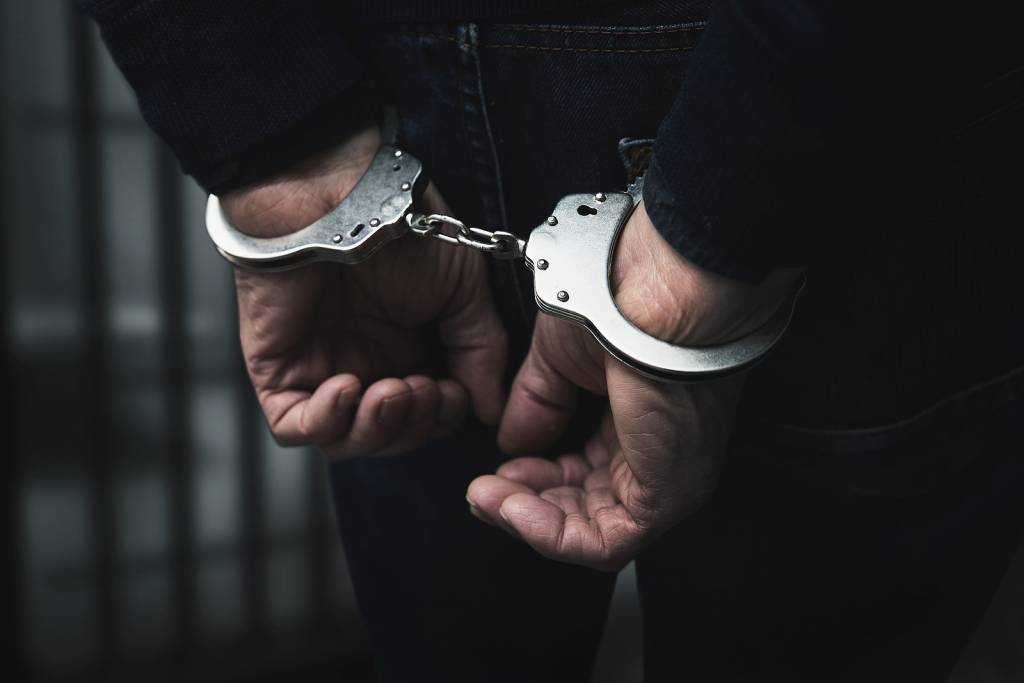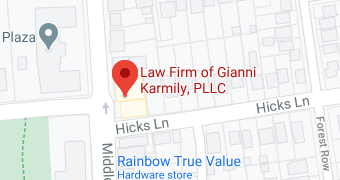In New York, a grand jury indictment stands as a pivotal moment in the criminal justice process, signaling the formal accusation of a person for a felony crime. However, an indictment for misdemeanor or felony offenses does not automatically translate to immediate jail time. Instead, the court and the district attorney’s office will assess the allegations, evidence presented, and the severity of the crime in question.
While an indictment is a serious legal step, its correlation with jail time depends on the outcome of subsequent court proceedings within New York’s criminal justice system.
Before you face an indictment, seek the guidance of a defense lawyer at the Law Firm of Gianni Karmily. Contact the Great Neck location at (516) 630-3405 or the Hempstead location at (516) 614-4228 or complete the online form.
What is a Grand Jury Presentment?
A grand jury presentment is a formal legal process wherein grand jurors determine whether there is legally sufficient evidence of a crime and whether there is reasonable cause to believe the accused person commited a crime. Here, the accused is not present unless they decide to testify at the grand jury proceeding, and grand jury members do not decide guilt or innocence.
Instead, grand jurors evaluate the evidence presented to decide if there are reasonable cause to continue with the criminal charges. If the grand jurors find the evidence sufficient, they vote a “true bill” which will bring about an indictment, which formally charges the person. A grand jury indictment simply serves as the legal basis to proceed with the case because there is reasonable cause to believe the defendant committed the crime in question.
What Happens After an Indictment in New York?
After an indictment in New York, the accused faces legal proceedings. Once formally charged, state law authorizes the issuance of an arrest warrant. The criminal case then proceeds to court, where the district attorney presents the formal charges.
Here, the defendant is informed of the criminal charges against them and given the opportunity to enter a plea of guilty or not guilty.
Subsequently, the criminal case proceeds through discovery, pre-trial motions, hearings, and possibly plea negotiations. Finally, if the case goes to trial, a jury or judge decides whether the Defendant is guilty or acquitted.
New York Law 170.70
According to New York Penal Law § 170.70, If someone is charged with a misdemeanor in New York and is held in custody for more than five days without the misdemeanor complaint being replaced by an official charge, the court must release them unless:
- The defendant agrees to be prosecuted on the original complaint.
- There is a compelling reason preventing the filing of the formal charge within the time limit.
New York Law 180.80
Under New York Penal Law § 180.80, if a person is charged with a felony and held in custody, the prosecutor must present the case to a grand jury within 120 hours of the defendant’s arrest, or the defendant must be released on their own recognizance.
What Does it Mean When Someone is Indicted in Jail?
When someone is indicted while in jail, it signifies a continuation of the legal process despite their current confinement. An indictment issued by grand jury members formally accuses the accused person of criminal charges, even if they are already incarcerated. This grand jury indictment indicates that the grand jurors, after evaluating the evidence presented during the grand jury presentment, have determined that there is reasonable cause to continue with the criminal charges.
While the accused may already be in jail for prior offenses, awaiting trial on other charges, or jailed for the current case, the new indictment adds additional legal weight. Here, the legal system has found reason to formally charge the defendant with further criminal offenses. The accused remains entitled to legal representation and the opportunity to contest the charges in court.
What Types of Crimes Warrant Grand Juries in New York?
Crimes that warrant grand juries in New York typically involve all felony charges. When there’s legally sufficient evidence indicating the commission of a felony offense, prosecutors may opt to present the case before a grand jury. Grand jurors decide whether there is legally sufficient evidence of a crime. They also decide whether there is reasonable cause to believe that the accused committed the crime.
Federal indictments of a federal crime or crimes may also trigger grand jury proceedings. Attorney Gianni Karmily explains in detail here: What happens at a federal detention hearing.
The Timeline of a Criminal Case in New York
In New York, the timeline of a felony case is marked by key milestones. It starts with a reported crime, which should lead to a police investigation, evidence gathering, and an arrest. If deemed sufficient, prosecutors seek an indictment from grand juries.
Next, the accused undergoes arraignment on indictment, where formal charges are presented, almost always involving felonies. Bail considerations may arise, determining pre-trial confinement.
Arrest or Felony Charges Filed by Police
Law enforcement should diligently investigate and gather evidence to substantiate the accusations. If deemed sufficient, the D.A.’s Office files a criminal complaint, formally accusing an individual of a crime. This complaint sets the stage for potential felony indictments.
What happens when you get arrested in New York?
Those accused can and should exercise their right to remain silent during police questioning, as anything they say can be used against them in criminal proceedings.
Arraignment and Bail Review
What can you expect at an arraignment?
Following the filing of criminal charges and arrest, the accused is brought before the court for arraignment and bail review. Formal charges are presented, and the defendant is informed of their rights. The accused may enter a plea of guilty or not guilty. The judge may also provide guidance on legal representation if the accused has not already secured counsel.
Subsequently, the court may conduct a bail review to assess the defendant’s eligibility for release pending trial. The seriousness of the alleged crime, the defendant’s criminal history, and the likelihood of flight risk are considered in determining bail conditions.
New York Law 180
New York Criminal Procedure Law § 180 outlines the proceedings upon a felony complaint from arraignment through disposition. This includes the defendant’s rights, the conduct of hearings, and the conditions under which charges may be reduced or the defendant released. Under this statute, a defendant who is charged with a felony and held in custody must be released from custody on their own recognizance if the prosecutor does not present the case to a grand jury within 120 hours of the defendant’s arrest.
Discovery Phase
The discovery phase involves the exchange of evidence between the prosecutor and the criminal defense lawyers. The prosecutor must present evidence supporting the criminal charges against the defendant while the defense scrutinizes the information to formulate its strategy.
The discovery phase may be extensive in cases involving federal indictments, given the high stakes and need for even more thorough preparation.
Grand Jury Proceedings
Led by the district attorney, grand juries meet to evaluate evidence presented by the prosecution and determine if there is reasonable cause to issue an indictment.
The old adage that a prosecutor could indict a ham sandwich stresses the prosecutor’s considerable influence. This common expression reflects the perception that grand juries typically return a “true bill” or an indictment.
During grand jury proceedings, criminal defense attorneys are not present unless the Defendant testifies. The indictment process involves the prosecutor presenting proof supporting the criminal charges to grand jurors, who deliberate to determine whether to indict the person accused of the crime. The prosecutor can choose against indicting or can reduce charges, which may result in the case being moved to a lower court.
The prosecutor also has a specific timeframe to indict on felony charges. However, this timeframe can vary depending on the specific crime. Certain serious felonies, such as those involving violence or sexual offenses, may have longer statute of limitations or none at all. For example, murder and some class A felonies do not have a statute of limitations, allowing prosecutors to indict at any time. If the grand jury indicts, felony cases usually proceed to trial, where the accused person is represented by a Nassau County, Long Island, felony criminal defense lawyer.
Negotiations and Pre-Trial Conferences
During the negotiation and pre-trial conference phase, the prosecutor and criminal defense lawyers engage in discussions to explore potential resolutions; this can continue up until the actual trial. These negotiations may involve plea bargains, where the defendant agrees to plead guilty to lesser charges in exchange for a more lenient sentence.
Pre-trial conferences also provide an opportunity for the parties to address procedural matters, clarify legal issues, and exchange information. The prosecutor may answer questions raised by the defense, and both sides may present evidence or arguments relevant to the criminal charges.
Negotiations and pre-trial conferences can play a decisive role in the outcome of the case. The determination of whether to proceed to trial or reach a plea disposition ultimately rests on factors such as the available evidence, the likelihood of success in court, and the potential consequences for the person indicted.
Motions and Suppression Hearings
Motions are formal requests made by either the prosecution or the defense to the court, seeking a ruling on specific issues related to the case. These motions often address matters such as the admissibility of evidence, requests for dismissal of charges, or challenges to the indictment process.
On the other hand, suppression hearings are conducted to determine the validity of evidence obtained by law enforcement, especially if there are allegations of constitutional violations, such as illegal searches or seizures. During these hearings, the prosecution and defense present arguments and proof to the court, which then determines whether it should be admitted or suppressed from the trial.
Voir Dire
Voir dire refers to the process of questioning potential jurors by both the prosecution and defense to assess their impartiality and suitability to serve on the jury. Voir dire allows attorneys to identify and potentially challenge jurors who may have biases or preconceptions that could affect their ability to render a fair verdict. The objective of voir dire is to ensure that the jury chosen consists of individuals who can be impartial and deliver a verdict solely based on the evidence and facts presented in court.
Motions in Limine
Motions in limine are pre-trial requests made by the prosecution or defense to the court, seeking rulings on the admissibility or exclusion of specific evidence or legal arguments during trial proceedings. They serve to narrow the issues that will be addressed during the trial and can impact the strategies employed in cases involving grand jury indictments.
By addressing evidentiary matters or legal issues beforehand, motions in limine aim to streamline proceedings, prevent prejudicial evidence from being presented to the jury, and ensure the trial proceeds in a fair and orderly manner.
Trial
After a person has been indicted by a grand jury in New York, the case moves forward to trial where the evidence is presented before a trier of fact which is either the judge on a bench trial or local citizens on a jury trial. The attorney for the prosecution presents its case, aiming to convince the jury of the defendant’s guilt beyond a reasonable doubt. The defense attorney counters, challenging the evidence and raising reasonable doubts about the defendant’s guilt.
Throughout the trial, the trier of fact should carefully evaluate the evidence presented and considers whether there is proof beyond a reasonable doubt to support the charges brought forth in the indictment. The accused can also invoke their Fifth Amendment right to protect themselves from self incrimination. In the end, the determination of acquittal or guilt of the indicted falls on the responsibility of the jury.
Sentencing
After a defendant is found guilty by a trial, the court proceeds to determine the appropriate punishment. Sentencing decisions are made by judges based on various factors, including the severity of the crime, the defendant’s criminal history, the impact of the offense on the community, and statutory guidelines. The judge may also consider input from both the prosecutor and the defense attorney, as well as any victim impact statements provided.
The goal of sentencing should be to balance punishment and rehabilitation, ensuring accountability and fairness to the local citizens and the general public.
How a Criminal Defense Attorney Can Help
When facing an indictment, Nassau County, Long Island, criminal defense attorney Gianni Karmily can offer invaluable support. A defense attorney can scrutinize the true bill issued by the grand jury, challenge the evidence presented by the prosecution, and, in some cases, negotiate better outcomes using legal defense strategies like the ones under New York self-defense laws. Attorney Gianni Karmily is dedicated to protecting your rights. With extensive experience in court proceedings, he works tirelessly to establish reasonable doubt and is committed to securing the most favorable outcome on your case.
Nassau County, Long Island Criminal Defense Lawyer Gianni Karmily
Have you been arrested for a crime in Nassau County, Long Island, and facing an indictment? Call the Law Firm of Gianni Karmily. With a legal team well versed in the New York Penal Law Code and Criminal Procedure Law, the Law Firm of Gianni Karmily is committed to defending your rights and fighting for your freedom.
To schedule a confidential case evaluation with the Law Firm of Gianni Karmily, PLLC, call our Great Neck office at (516) 630-3405 or our Hempstead office at (516) 614-4228.



